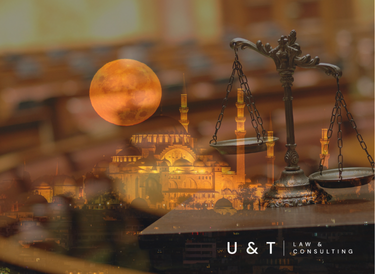
THE CONSTITUTIONAL COURT ANNULS THE PROVISION ON THE CONSOLIDATION OF CASES UNDER ARTICLE 166 OF THE CODE OF CIVIL PROCEDURE (HMK)
The Nevşehir 4th Civil Court of First Instance and the Istanbul Anadolu 15th Civil Court of Peace requested the annulment of Article 166/1 of the Code of Civil Procedure (HMK), arguing that under the contested provision, when a consolidation decision is made in cases filed before courts of the same level and jurisdiction, such a decision binds the other court, and an appeal against this decision can only be made together with the final judgment. Therefore, it was asserted that the first court where the case was filed has no opportunity to review the consolidation decision. This situation was claimed to be incompatible with the principles of the rule of law, the right to legal remedies, the guarantee of a lawful judge, and the independence of the judiciary. Accordingly, the rule was alleged to violate Articles 2, 13, 36, 37, and 138 of the Constitution, and its annulment was requested. Upon evaluation, the Constitutional Court ruled that the phrase “...and this decision shall be binding on the other court...” contained in Article 166(1), second sentence, of the Code of Civil Procedure No. 6100 dated 12 January 2011, is unconstitutional and decided to annul it...







